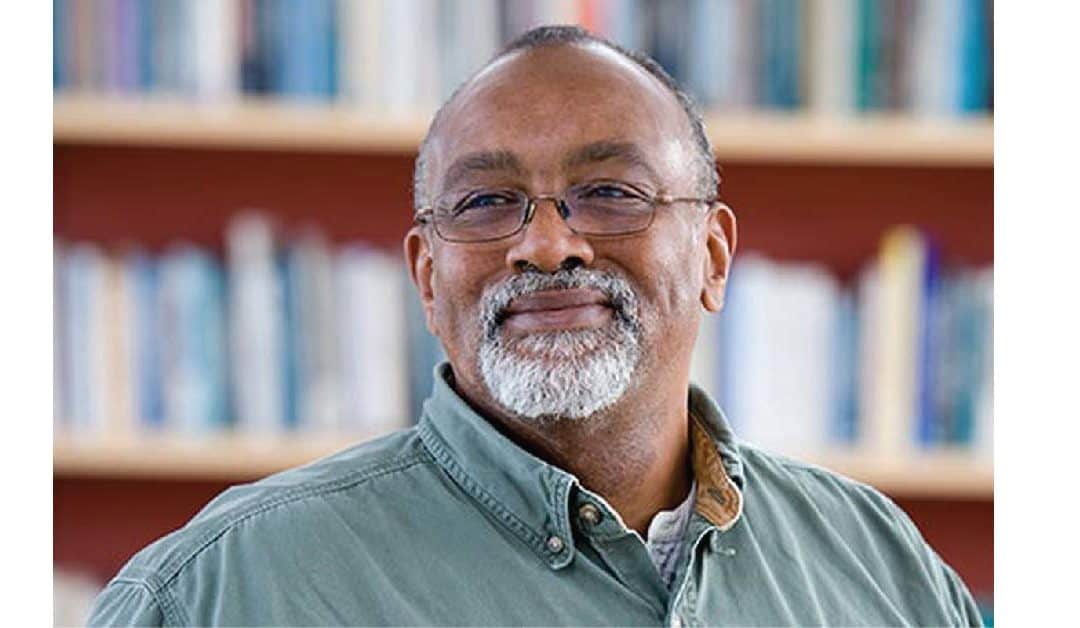This article was originally published on Medium.
Archbridge Institute President and CEO Gonzalo Schwarz recently spoke with Dr. Glenn Loury about inequality, racial disparities, the American Dream, and more.
Glenn C. Loury is the Merton P. Stoltz Professor of the Social Sciences and Professor of Economics at Brown University. He has taught previously at Boston, Harvard and Northwestern Universities, and the University of Michigan. He holds a B.A. in Mathematics (Northwestern University, 1972) and a Ph.D. in Economics (MIT, 1976).
For more on the work of Dr. Glenn Loury, please visit https://www.brown.edu/Departments/Economics/Faculty/Glenn_Loury/louryhomepage/ or check out his channel on Bloggingheads.tv where he invites guests from the worlds of academia, journalism and public affairs to share insights on economic, political and social issues.
Interview Questions:
What do you think are some current and future effects of the pandemic and the protests on inequality and mobility in America? 00:35
In your commentary, you often emphasize the need for people to understand themselves as “free actors who can shape our lives according to our ideas and convictions.” What does the mainstream conversation miss when it comes to thinking about agency and how would you like to see that conversation to change? 04:22
In some of your work you have referenced the development thesis and how that can better address inequalities as they relate to race. Could you summarize that thesis in a few lines and explain why you think it’s so important? 11:59
What kinds of public policies do you think would be most effective in closing racial gaps in wealth, income, and economic mobility? What kinds of public policies are least effective or even counter-productive? 17:18
Looking back on just the last decade, do you think that conversations on race in America have improved or deteriorated? Are you more or less optimistic about the potential for positive change than you were ten years ago? 21:31
Since nuance can be hard to come by in many of these conversations, what are some of the main points that intellectuals, activists, and commentators most concerned about systemic or structural racism tend to miss? Conversely, what points are often missed by those who deny any form of structural or systemic racism? 33:36
Your colleague John McWhorter has referred to some of the more extreme examples of “wokeness” as a kind of religion. Do you agree with that characterization and do you see this as related to the ongoing decline of traditional religion? 38:43
Do you think that despite the sound call to reduce racism and police brutality, the riots and excesses we have seen will create a backlash to the cause both within the communities that have been affected and later on during the November elections? 42:07
Do you think the American Dream is alive and well? 50:05
Further Reading:
Economic Mobility in America, A Primer
The Coddling of American Agency
Racial Disparities and the High Cost of Low Debates
Why Meaning Matters for Freedom and Flourishing
Liberate the Other Half: Empowering the “Back Row” of America
To learn more about the Archbridge Institute, check out https://www.archbridgeinstitute.org/ and consider signing up for our monthly newsletter to stay up to date on all things economic mobility at https://www.archbridgeinstitute.org/newsletter-signup/


